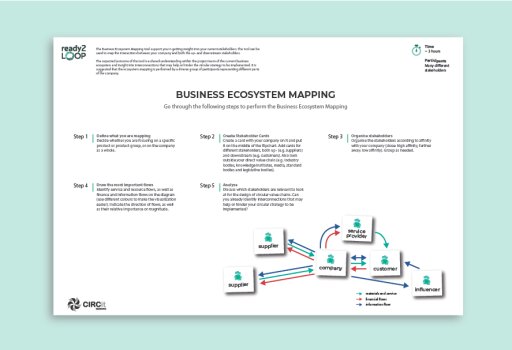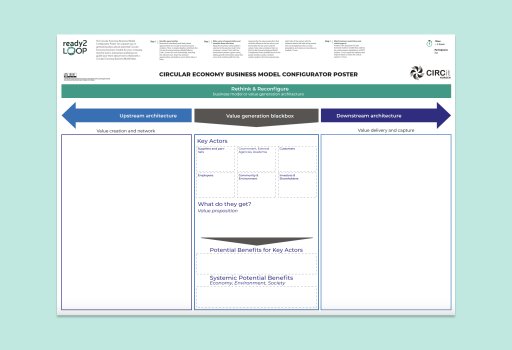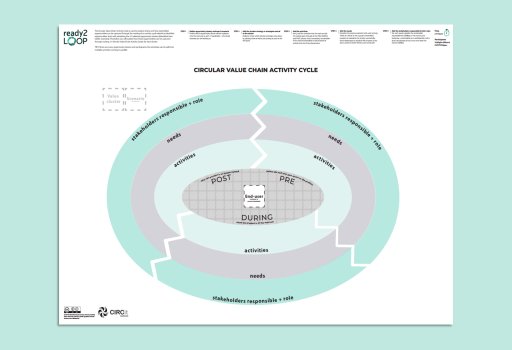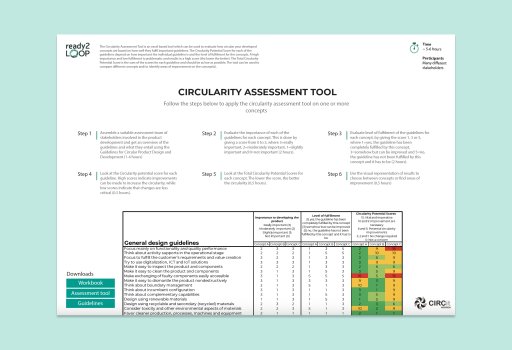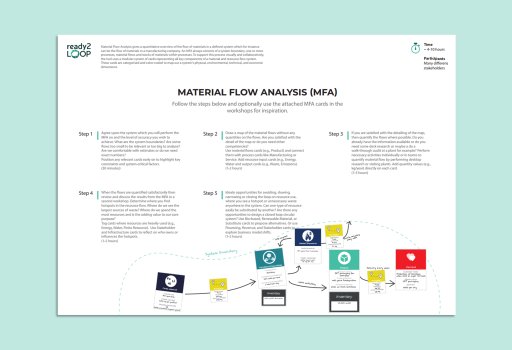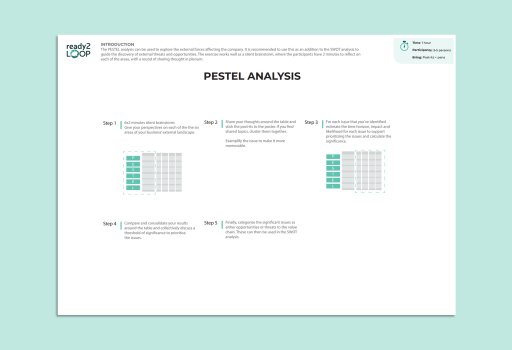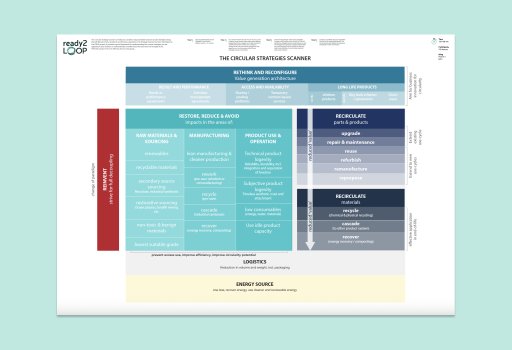Enhancing meaningful collaborations for a more circular production in the coating industry
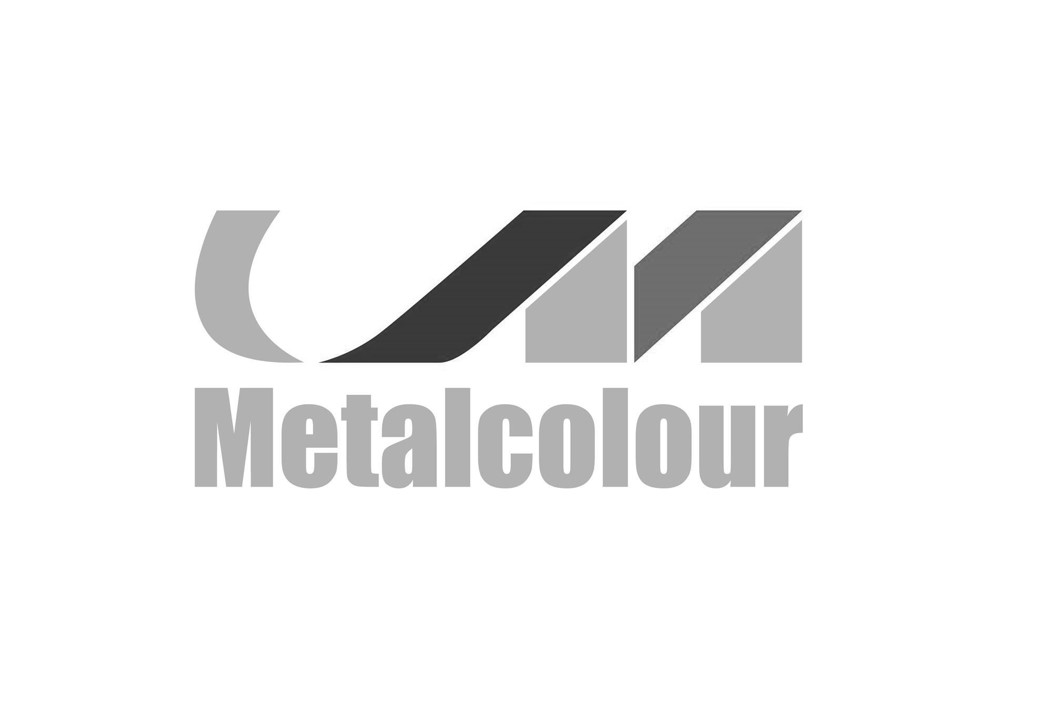
“The process of the Accelerator programme is really good: usually, when we are talking with other stakeholders, it is all about the products. This programme is more about how the company is in the ecosystem.” - Jakob Søndergaard, Plant Director and COO of Metalcolour

Opportunity
Metalcolour can transition from gas to biogas and electricity, shift from polluting coatings to bio-coating, replace drinkable water with technical water, or implement water purification systems to reuse water. Additionally, the company can explore cleaning and reusing solvents. Moreover, Metalcolour can contribute to metal recycling efforts to preserve the quality of its materials. These initiatives can be further supported by fostering partnerships. Adopting digital manufacturing can also facilitate this shift by monitoring production for resource efficiency and comprehending process inputs and outputs.
Path
Metalcolour could close some material loops using recycled metal and technical or thoroughly purified water. The sustainability of sourcing could be enhanced by relying on bio-based coatings and biogas. However, Metalcolour’s small size and position in the value chain make it challenging to act alone. Therefore, partnerships could be developed, for instance, with metal scrap dealers or coating providers.
Outcome
Metalcolour will produce less waste, utilize fewer resources, increase the use of green energy, and incorporate circular materials. To prevent overproduction and minimize waste, the company will implement water reuse and metal recycling and adopt Industry 4.0 practices. Additionally, Metalcolour will enhance its tracking and utilization of heat and emissions. The company aims to collaborate with partners to promote and facilitate circularity while avoiding the use of toxic chemicals. It will also actively involve its staff to expedite these positive changes.
Context
Metalcolour is a Danish company with international customers and suppliers. It is a component manufacturer that produces coated metal coils for decorative and technical purposes from uncoated aluminium and steel coils. The scope of this project focuses on the coated coils produced at the factory in Denmark. The process involves several material flows, including metal, paint/coating, water, wood, plastic, as well as electricity and heat flows.
Metalcolour has attempted to close some of these loops through various initiatives, including selling excess heat to the local district heating network, using recycled plastic, and implementing a take-back system for wooden pallets. However, the company operates in a highly competitive environment, and some initiatives are deemed too costly, such as replacing its 50-year-old coating line. The company's production is also heavily dependent on the market; bio-coatings or recycled steel are only used if they make financial sense and are driven by customer demand.
Opportunity
To accelerate the transition to a circular economy (CE) and access government funding, Metalcolour needs to collaborate with other stakeholders. This collaboration will establish a circular industry that uses materials efficiently and sources sustainably, reduces waste and recycling costs, and optimizes heat usage. By recirculating materials within its value chain, Metalcolour can overcome the quality issues associated with recycled metal, thus persuading more customers. Additionally, Metalcolour can address toxicity concerns through partnerships to develop bio-coatings that meet quality standards. Another opportunity is to clean and reuse solvents instead of disposing of them.
Moreover, Metalcolour can lower its water consumption by reusing water from the cleaning processes or using technical water. The company can also reduce emissions by transitioning from fossil fuels to biogas and electricity. Finally, adopting a digital manufacturing approach can help Metalcolour monitor and control its production and resource use, leading to a more efficient process.
Transition path
For Sourcing & Operation, the CE strategies proposed rely on either closing material loops or adopting a more sustainable sourcing approach. The Material Flow Analysis tool was utilized to understand the flow of materials and develop more circular flows. Given Metalcolour’s keen interest in the process, this tool was well-suited to guide them toward new CE strategies. One possibility is to use recycled steel or aluminium for the alloys, leveraging existing recycling channels in collaboration with metal scrap dealers as value recovery partners. While this may incur additional costs, clients may be willing to pay extra. Additionally, bio-coating could be explored, which can be more easily removed from the metal at the end of the product’s life for recycling or energy recovery.
There are two options for water consumption: the first is to use technical water instead of drinkable water. The second alternative is to employ water in a closed loop by purifying it to a level suitable for additional cycles. For Strategy & Business Model Innovation, the Circular Value Chain Activity Cycle tool was chosen. Collaborating with others in the value chain is an essential strategy for achieving greater circularity, and this tool helps identify where and how these opportunities can be captured. As a Component Manufacturer, Metalcolour has limited influence over the product's life cycle. Due to the company's small size, it is challenging to influence the market significantly. Therefore, developing partnerships with various stakeholders throughout the value chain is crucial to achieving, for example, industrial symbiosis. Given the high research and development costs, especially for a product with such a long lifespan, creating a cluster of partners with shared interests could help foster the development of materials and associated processes.
Outcome
Following the proposed transition path, Metalcolour will reduce waste and resource consumption, utilize more carbon-neutral energy, and establish circularity in its material flows. This will be achieved by reusing clean water and recycling metal at competitive prices. Moving towards an Industry 4.0 model will enhance process efficiency and prevent overproduction, reducing systemic waste. For instance, it will help better monitor and value excess heat or fugitive emissions.
Metalcolour is improving its readiness by forming meaningful partnerships, encouraging its value chain partners to adopt circular practices, and leading the market forward. Initiating discussions with suppliers to avoid using toxic chemicals will create a more sustainable and renewable product. Collaborating with and involving the right personnel will accelerate the implementation of these strategies.
Reflections
Metalcolour is very satisfied with the Accelerator programme, both for the framework it provides and the way the collaboration with DTU’s students unfolded. The project confirmed many directions the company was considering and provided additional strategies to improve the business circularity.
Next step
Metalcolour could focus on initiating discussions about R&D partnerships and collaborating with other stakeholders in the value chain to establish a more circular business model. Another opportunity is to launch a training program for their collaborators to integrate additional smart technologies. Although sensors have been installed, the data has not yet been analysed and utilized. Furthermore, there are plans to invest in a nearby renewable power plant to reduce the carbon footprint of electricity.
Micro-Accelerator. January 2024 - offered by ready2LOOP & DTU Course, Design for Circular Economy
Company
MetalColour


